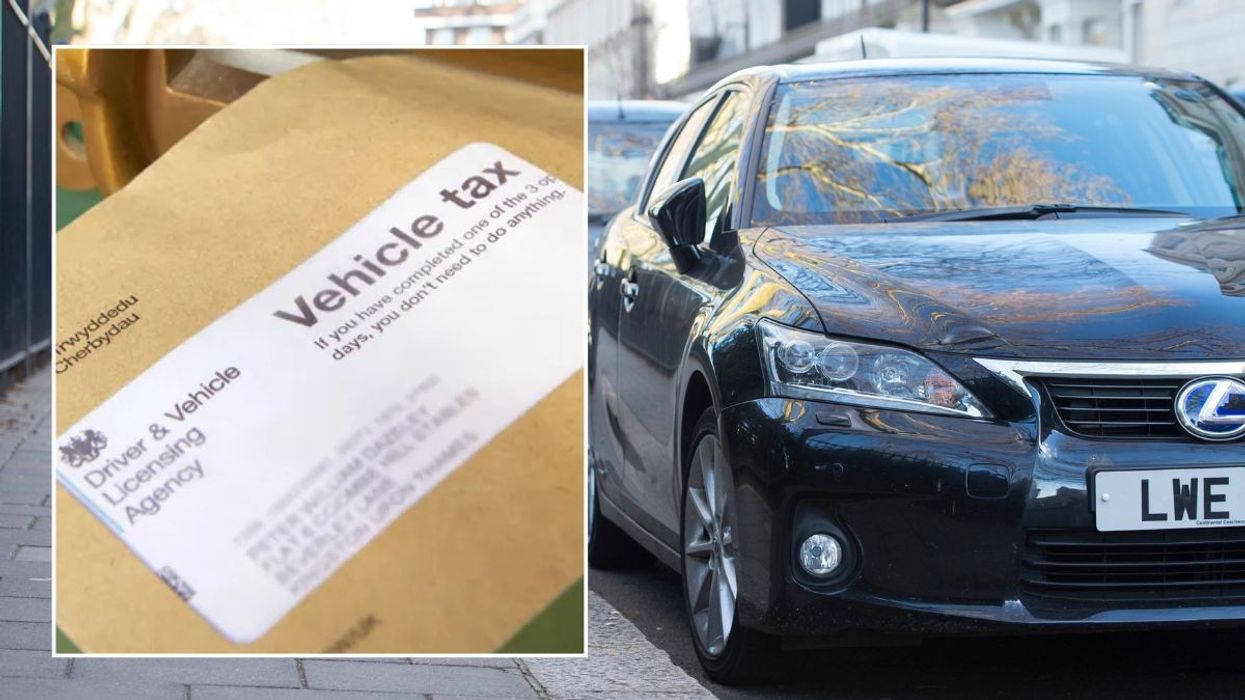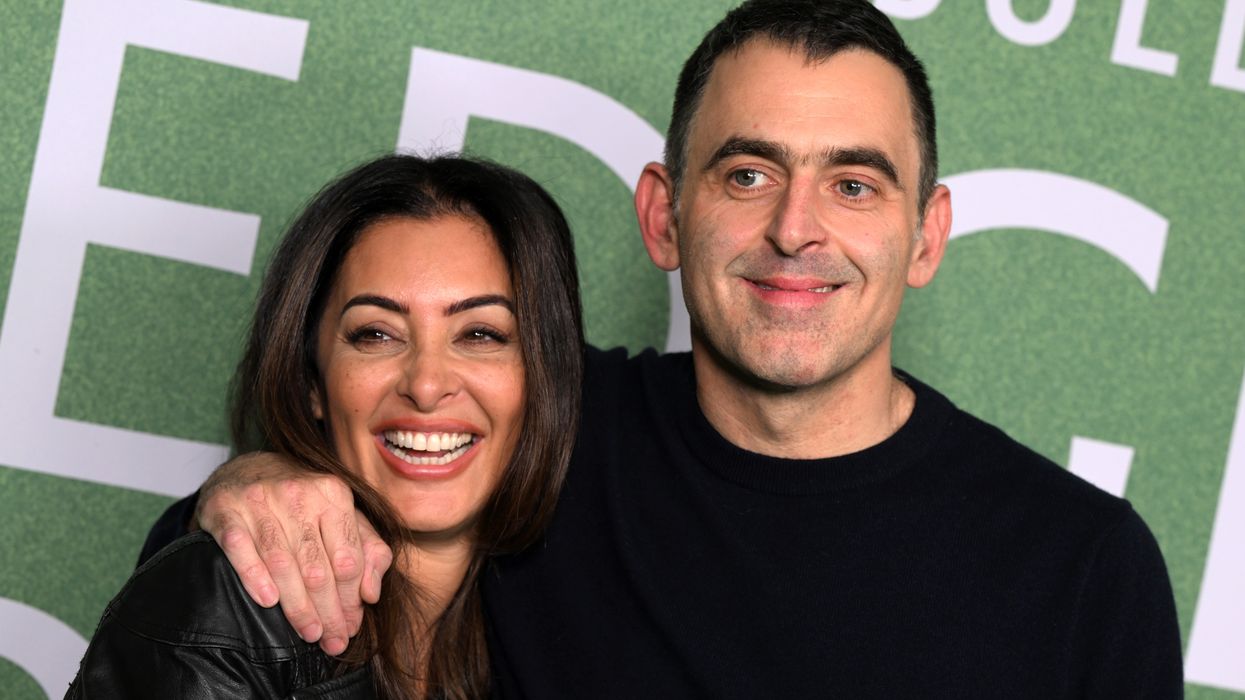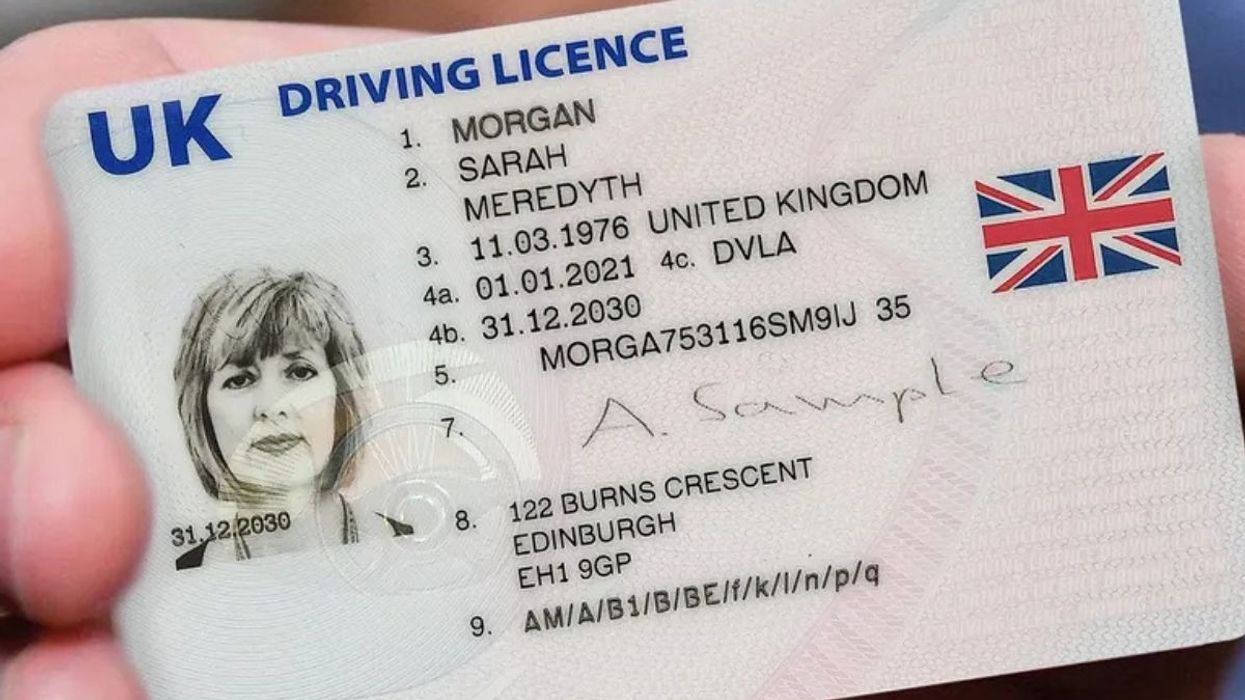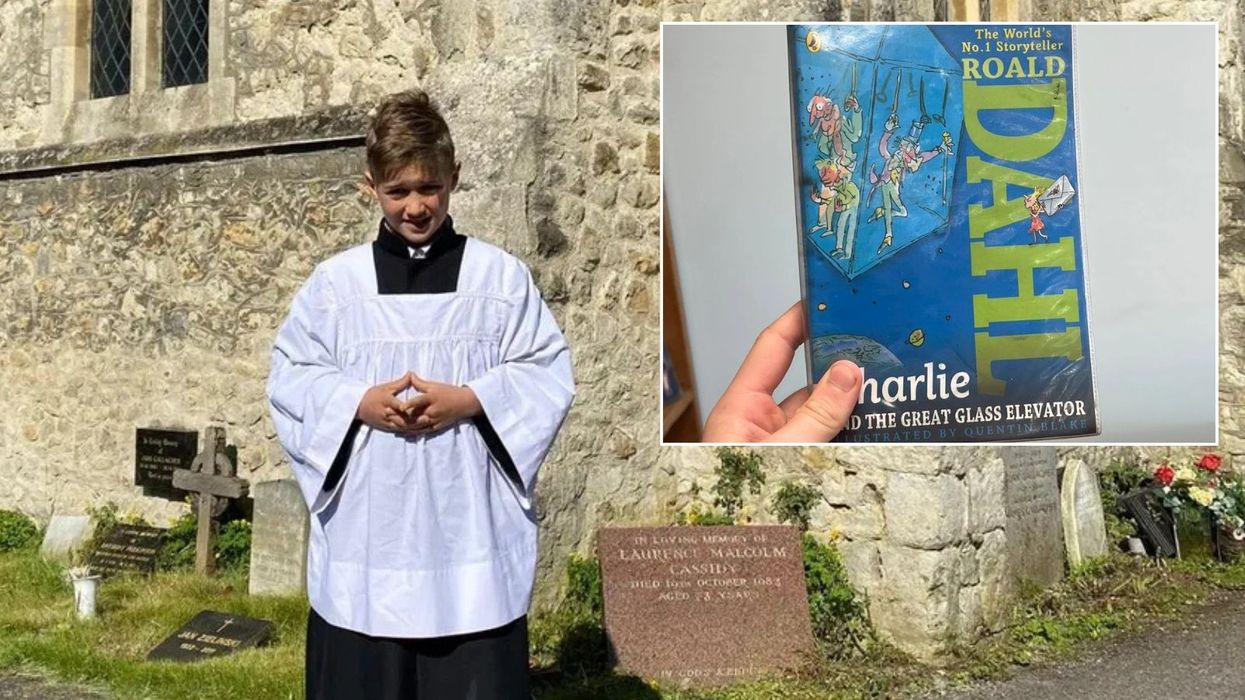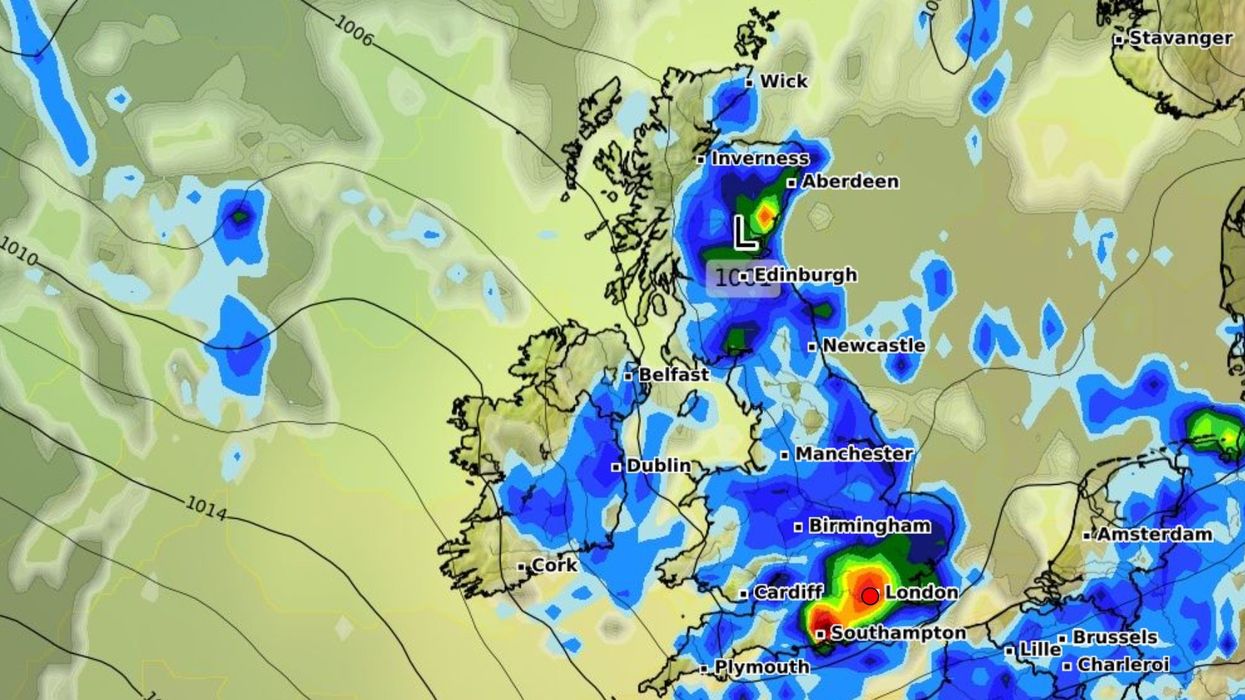Attorney General Suella Braverman
Aaron Chown
The Attorney General has won a bid to block the broadcast of a BBC programme which would identify a “dangerous extremist and misogynist” who is allegedly an MI5 informant
Don't Miss
Most Read
Latest
The decision means the BBC can run the programme but must not identify the alleged informant, or covert human intelligence source (Chis), referred to as “X” throughout the proceedings.
In a ruling on Thursday, Mr Justice Chamberlain said: “In my judgment, the Attorney is more likely than not to succeed at trial in establishing that the balance of public and private interests favours the grant of relief prohibiting the BBC from disclosing X’s name and image.”
The judge said: “The information about X’s identity, in the context of the allegation that he is a Chis who works or worked for MI5, is – as the BBC accepts – confidential.
“Although X is said to have disclosed it to Beth (his former partner), and she disclosed it to the BBC, it is not known other than to a small group of individuals.
“The Attorney has satisfied me that, if it were to become publicly or widely known, there would be a real and immediate risk that X would be killed or seriously injured.
“In order to address that risk, extensive protective measures would have to be, and would be, taken.
“As a result of those measures, public disclosure of X’s identity would have no significant protective effect on women considering entering into a relationship or liaison with X.
“Whilst including X’s name and image would make the BBC’s story more engaging and potentially more attractive to a wider audience, this would come at the expense of material damage to the effectiveness of the work of the security and intelligence agencies and, therefore, the national security of the UK.”
Mr Justice Chamberlain added: “The BBC will still be able to convey what it regards as the core elements of its story, including the allegation that X abused his Chis status and the allegation that MI5 is at fault for using or continuing to use him as a Chis.
“The Government will be heavily constrained in how it can respond to the latter allegation, but the constraints can be explained.
“The relief I grant will constitute a significant interference with the BBC’s right to freedom of expression and the correlative right of the public to receive the information the BBC wishes to convey.
“However, it will not prevent the BBC from making the allegations central to its story, nor from drawing attention to what it contends are the important issues of public concern to which it gives rise.”
In a statement issued after the ruling, the BBC said the judgment did not prevent it from reporting “key elements” of its story once restrictions are determined.
A spokesperson for the broadcaster said: “This is not the judgment we had hoped for, but it is important to understand what it does and does not mean.
“While the judgment prevents the BBC from identifying X, by showing his picture or naming him, it does not prevent the BBC from reporting key elements of the story, which we will do once the precise restrictions are determined.
“We expect these restrictions to be clarified next week.”


















